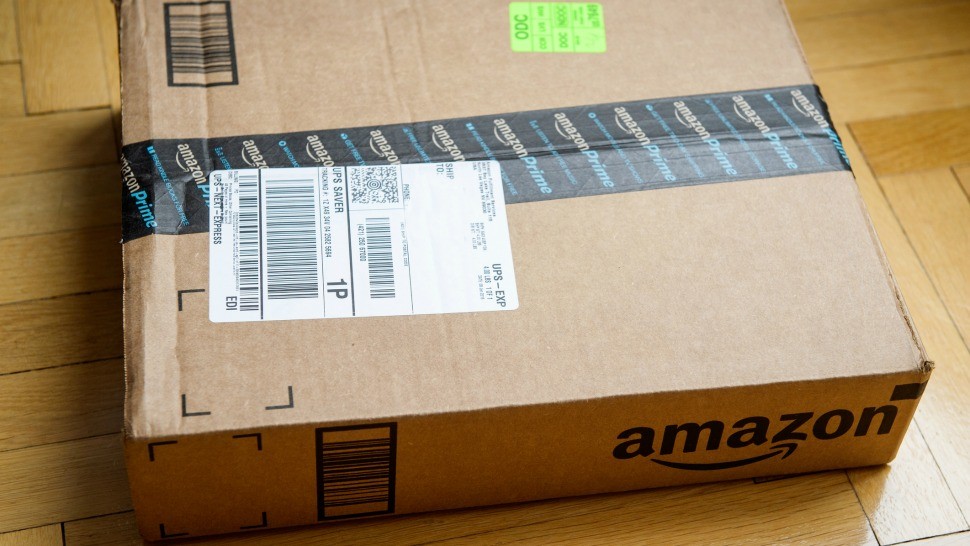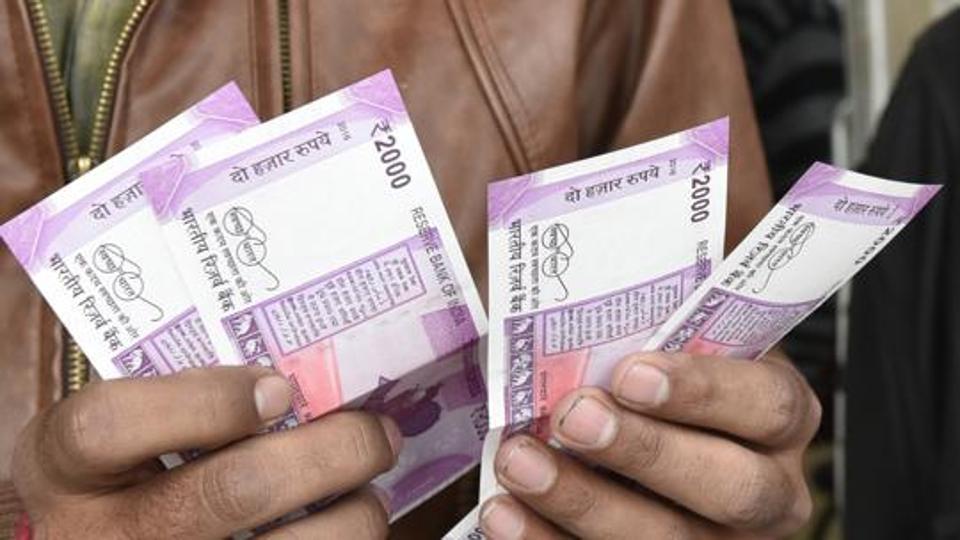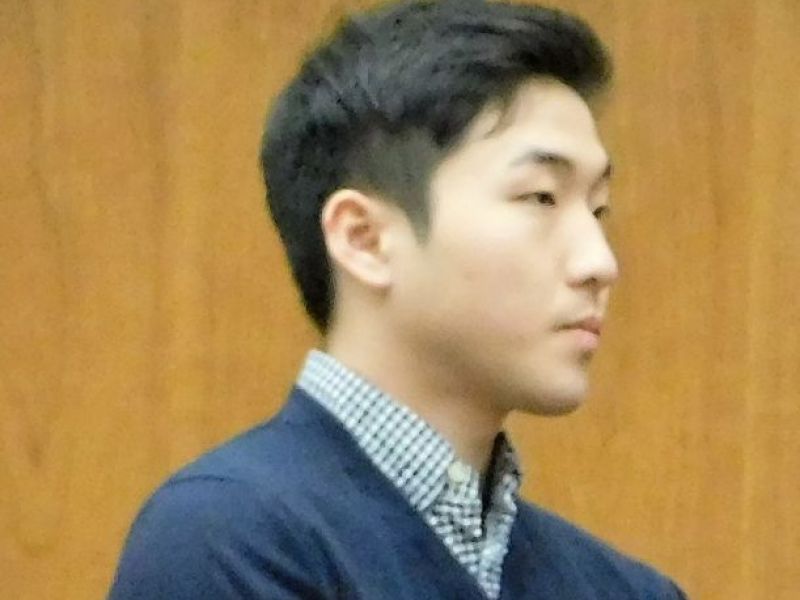
Amazon’s counterfeit goods problem growing – Here’s how to fight back
Who doesn’t love online shopping? It’s such a convenient way to get the things you need without having to battle the crowds at the mall. You don’t even have to get out of your pajamas if you so choose.
Amazon is the largest online retailer and you can find most anything imaginable to purchase. The downside is, the retail giant has had a rash of counterfeit items showing up on its site recently. There may be some good news on that front, though.
There are three ways that Amazon fulfills orders:
Amazon Direct products are sold and shipped by Amazon.
Amazon Fulfillment items are provided to Amazon by a third-party. They are then warehoused and shipped by Amazon.
Amazon Marketplace products are sold and shipped directly from third-party sellers.
Many of the counterfeit items come from the Amazon Marketplace. That’s because those items are never inspected by Amazon.
Lear More
Customs agents seize hundreds of counterfeit Apple products in Buffalo
If you were waiting on a pair of cheap headphones for your iPhone, we got bad news for you.
Customs and Border Protection agents say they seized hundreds of fake Apple products at the Peace Bridge in Buffalo.
The products were found after agents selected a box labeled “earphones” for further inspection. Inside, they found 500 EarPods and 150 adapters with the Apple logo. But, after close inspection, agents say they found the products were counterfeits.
The total value of the fake merchandise is $15,000, agents say. Agents add, “Counterfeit merchandise is often made of inferior materials, manufactured under uncontrolled and unsanitary conditions and labeled with false information, potentially threatening the health and safety of buyers and users.”
Lear More
Organised crime syndicates smuggling ‘low risk’ tobacco leaf and cigarettes into Australia
ORGANISED crime syndicates trafficking drugs like ice and cocaine are now smuggling tobacco leaf and cigarettes and funnelling the cash back to terrorist groups.
With government taxes on tobacco set to rise again in May’s federal Budget, black market tobacco leaf and cigarettes are now as profitable as narcotics.
And such is the “low risk high return” market, Federal law enforcement now have credible evidence monies from tobacco trafficking are supporting terrorist groups in the Middle East.
Lead national crime fighting agency Australian Border Force intelligence has flagged a noticeable shift in the pattern of trafficking of tobacco which is rising exponentially, in ordinary postal mail alone by 10 to 15 per cent every year.
Lear MoreSerialized security label offers counterfeit-proof product to meet ensuing pharma regulations
This week Covectra, a serialization, authentication and track and trace technology services provider, launched its patented StellaGUARD security label.
The label is embedded with stars that are arranged in unique and random patterns and contain a serialized GS1 2D barcode, thus enabling real time authentication and serialized pedigree tracking through the use of a mobile app developed by Covectra.
The StellaGUARD label can be applied to virtually any package and material. It was developed by Covectra in anticipation of the EU’s 2019 Falsified Medicines Directive requirement for tamper evident seals on all pharma and OTC primary packages. The security label is integrated with Covectra’s EPCIS certified AuthentiTrack database, which now is managing more than 2 billion serial numbers. This enables the StellaGUARD label to be used not just for rapid authentication, but also for diversion detection and isolation as wel
Lear More
Raids at Chennai port to combat smuggling of fake currency into India
The Directorate of Revenue Intelligence (DRI) and customs officials conducted raids at Chennai Port to combat the smuggling of counterfeit currency.
The raids began on Friday evening after DRI officials received a tip-off that counterfeit currency, including the new Rs 500 and Rs 2000 denomination notes, had arrived in the country. DRI officials are currently searching Chennai, Tughlakabad, Kanpur, Kolkata and Mumbai after receiving the tip-off.
All cargo is being screened at the Chennai port, with the outbound movement of containers requiring approval from the DRI. Inbound cargo has not been affected, according to Port authorities.
Officials believe that the fake currency was sent to India from either Pakistan, Bangladesh, Sri Lanka, or Nepal. The operations will end only after all containers sent from the aforementioned countries during an unspecified time period were checked by the DRI.
Lear More

Woburn Mother and Son Burned by $15,000 Worth of Untaxed Tobacco Products
WOBURN – When Woburn police pulled up to an apartment in the Glennbrook Estates they saw two cars with their doors open and packed to the roof with tobacco products, according to Woburn police.
Although initially evasive with police about where the tobacco products come from and where they were going, Soung S. Moon-Kim, 55, and her 23-year-old son Hyeok C. Moon, both of 200 Bedford Road, Apt. F20, finally produced three receipts – two from K-T Wholesale in Philadelphia totaling $1,148 in tobacco products and a $3,567 receipt that had no company name on it.
None of the dozens of boxes containing hundreds of of tobacco products – cigarettes, cigars, pipe tobacco, chewing tobacco, and wraps – had a tax stamp on them from Massachusetts.
http://patch.com/massachusetts/woburn/woburn-mother-son-burned-15-000-worth-untaxed-tobacco-products
Lear More
FDA to get tough with importers of fake products
The Food and Drugs Authority (FDA) has resolved to deal with importers and manufacturers who import or manufacture substandard goods for the local market.
In an interview in Accra, the Chief Executive Officer (CEO) of the FDA, Mrs Delese Mimi Darko, asked importers and manufacturers to desist from importing or manufacturing poor quality products, but to “import what you believe you would be happy for your child to use.’’
Mrs Darko said from now on, importers and manufacturers would be held responsible for any such goods on the market, stressing that “the importers and manufacturers need to be told the importance of taking responsibility for the quality and safety of what they put on the market.’’
“So, if I decide to put this product on the market, I should know that I am fully responsible for the product from the time it enters the market until the time it is finished,” she said.
http://www.graphic.com.gh/news/general-news/fda-to-get-tough-with-importers-of-fake-products.html
Lear MoreNAFDAC nabs fake wine dealers in Abuja, confiscates N100m worth wine
The National Agency for Food and Drug Administration Control (NAFDAC) closed down four shops and confiscated N100 million counterfeit wine.
The National Agency for Food and Drug Administration Control (NAFDAC) has shut down four wine shops worth N100 million in Wuse market, Abuja, for selling fake and unregistered products.
NAFDAC’s Deputy Director of Investigation and Enforcement, Shaba Mohammed, made the announcement on Friday, March 18, in Abuja.
Mohammed said he led a team of NAFDAC officials on enforcement to the market in continuation of a renewed global anti-counterfeiting fight against counterfeits, Tribune reports.
https://www.naij.com/1094850-nafdac-nabs-fake-wine-dealers-abuja-confiscates-n100m-worth-wine.html
Lear MoreMassive crackdown on fake jewellery and watches in Qatar
Consumer Protection Department (CPD) has launched a massive crackdown on jewellery shops selling fake watches and ornaments of major brands. Since the beginning of the year, CPD under the Ministry of Economy and Commerce, has been conducting inspections at jewellery shops selling international brands like Chanel, Dior, Messika and Bulgari, among others, which were available at throwaway prices in the local markets, according to market sources.
The copy products were very similar to the original ones and hence they were in pretty good demand among both citizens and expatriates. Usually the customers are fully aware that the products are counterfeits but buy them since they are affordable and looks exactly like the original branded ones, The Peninsula has learnt.
The practice had affected the authorised dealers of branded products, which perhaps has led the concerned authority at the Ministry of Economy and Commerce, to launch the crackdown to curb the sale of fake products.
Lear MoreCombating Sale of Counterfeit and Falsified Medicines Online: A Losing Battle
The rapid growth of technology has transformed many brick-and-mortar businesses into online businesses, and medicines are now being sold over the internet. Influenced by the notions that online purchases are economical and do not require a prescription, the general public are keen to purchase medicine online through websites, social media and mobile apps. Online medicine purchase is presumed to be convenient and confidential, free from embarrassment of sharing personal and sensitive health information to a healthcare professional. Public in United States, Europe, Australia is generally aware that internet sales form part of the official medicines distribution channels, often a valid prescription is required for controlled medicine. However, unlicensed, substandard and falsified medicines with various dubious medical claims are advertised and sold illegally in many rogue online pharmacies (Jack, 2016). These include medications for weight loss, hair growth, and treatment of erectile dysfunction. Such medicines are termed as substandard, spurious, falsely labeled, falsified and counterfeit medical products by the World Health Organisation (WHO).
Similarly, the European Commission defines such products as falsified medicines or fake medicines that pass themselves off as real, authorized medicines (European Commission, 2016). These medicines may contain substandard active ingredients, which are low quality and/or an incorrect amount, either too high or too low, and have not been properly evaluated by authorities in terms of quality, safety, and efficacy. It must be noted that falsified medicines are often confused with counterfeit medicines. According to European Commission, counterfeit medicines refers to medicines that do not comply with European Union law on intellectual and industrial property rights, for example, unregistered medicines sourced from parallel import (European Medicines Agency1). In this article, the illegal sales of both counterfeit and falsified medicines (CFMs) are discussed.
In 2012, the WHO estimated the CFMs industry to be worth USD 431 billion a year, but further estimates has not been reported in the recent years due to the fast growing, widespread practice of this industry, making it impractical to estimate on a global scale (Garrett,
2012). Authorities are finding it difficult to curb CFMs due to the lack of governance over the internet. Furthermore, fragmented cybercrime legislation leads to large substantive and procedural lacunae in law, rendering law enforcement efforts useless.
https://www.ncbi.nlm.nih.gov/pmc/articles/PMC5432535/
Lear More


